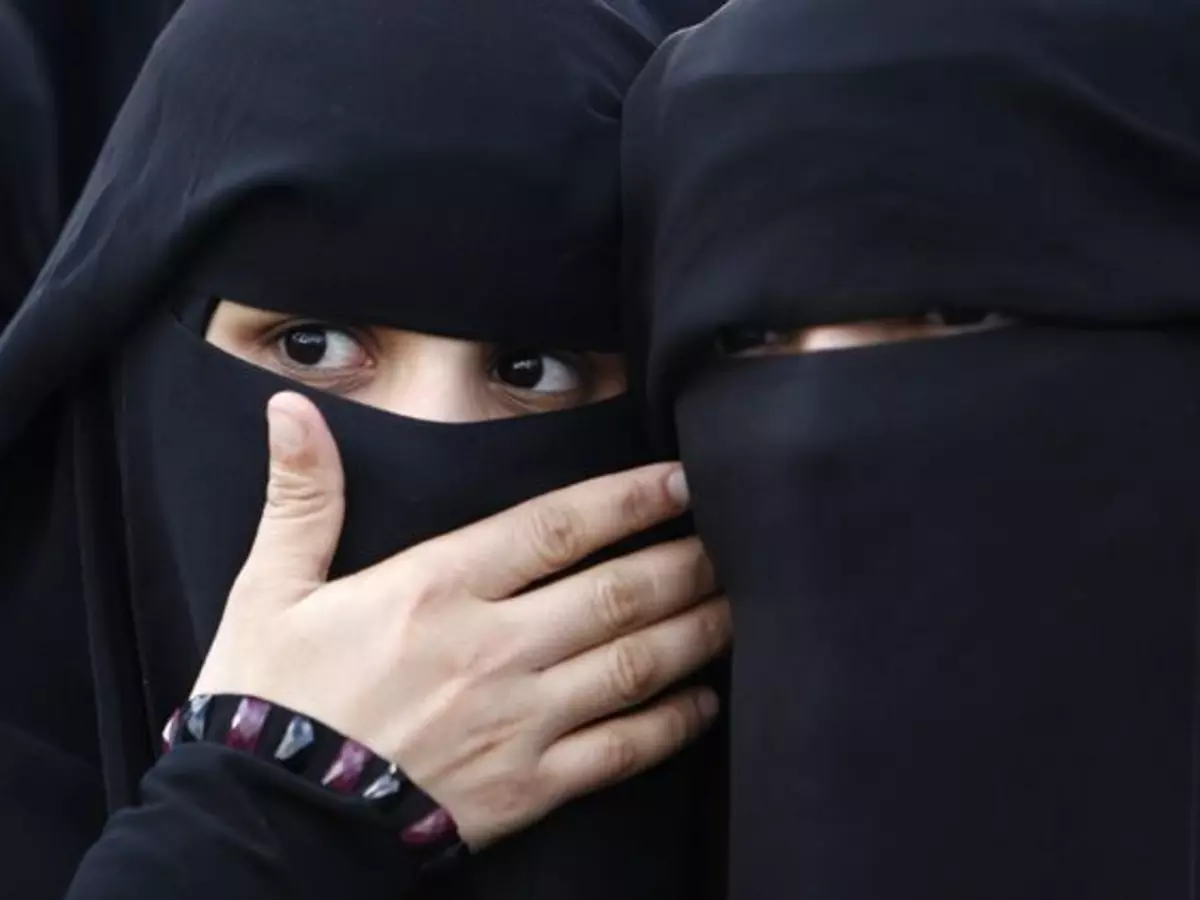After Triple Talaq, Government Set To Oppose Nikah Halala And Polygamy In Supreme Court
The Centre is all set to throw its weight behind a clutch of petitions filed in the Supreme Court to declare nikah halala&rdquo and polygamy &ldquounconstitutional. The Centre would extend its support to petitioners when the matter comes up next in the SC. The Supreme Court believes that such practices are against gender justice and therefore the apex body will examine the legality of the practice.

After moving to criminalise instant triple talaq, the Centre is all set to throw its weight behind a clutch of petitions filed in the Supreme Court to declare ¡°nikah halala¡± and polygamy ¡°unconstitutional¡±. Sources said the Centre would extend its support to petitioners when the matter comes up next in the SC, which earlier this year agreed to hear the petitions.

Reuters/Representational Image
Nikah halala is a controversial practice which forbids a divorced couple from remarrying until the woman marries someone else, consummates her new marriage and gets divorced or widowed. She is then required to serve a separation period called 'iddat'.While defended by the clergy, the practice has been slammed by women¡¯s activists who have called it retrograde and anti-women and have petitioned the SC to get it banned.
A senior law ministry official said that the Supreme Court believes that such practices are against gender justice and therefore, the apex body will examine the legality of the practice. The court earlier had decided to consider the issue of 'instant divorce' (triple talaq) only while considering 'Nikah halala' and polygamy as separate issues.
The SC also directed the Centre to respond to the plea seeking to declare the provisions of Muslim Personal Law (Shariat) which validate the practice of polygamy and nikah halala as unconstitutional. The Centre is gearing up to put forth its stand by backing the petitions challenging the two practices, sources said.

Reuters/Representational Image
The Centre¡¯s plan comes even as Bharatiya Muslim Mahila Andolan (BMMA), a voluntary organisation which successfully petitioned the SC against instant talaq, has decided to join the petitioners who are seeking an end to nikah halala and polygamy.
Zakia Soman of BMMA told TOI, ¡°We are seeking a comprehensive law regulating all aspects of marriage and family by a Quranic-based law that complies with the Constitution too. We want halala to be a criminal offence and polygamy to be illegal. We believe the Quran doesn¡¯t permit polygamy in today¡¯s context. We are seeking legal protection like that for Hindu and Christian women.¡±
Instant divorce was declared 'unconstitutional' last year and a bill was passed that could lead a husband to serve three years in jail as punishment. However, the bill was passed by the Lok Sabha though it is still pending in the Rajya Sabha. Many groups of Muslim women were against the bill saying that their lifestyle was governed by their god and no government or authority should intervene in their religious practices.
